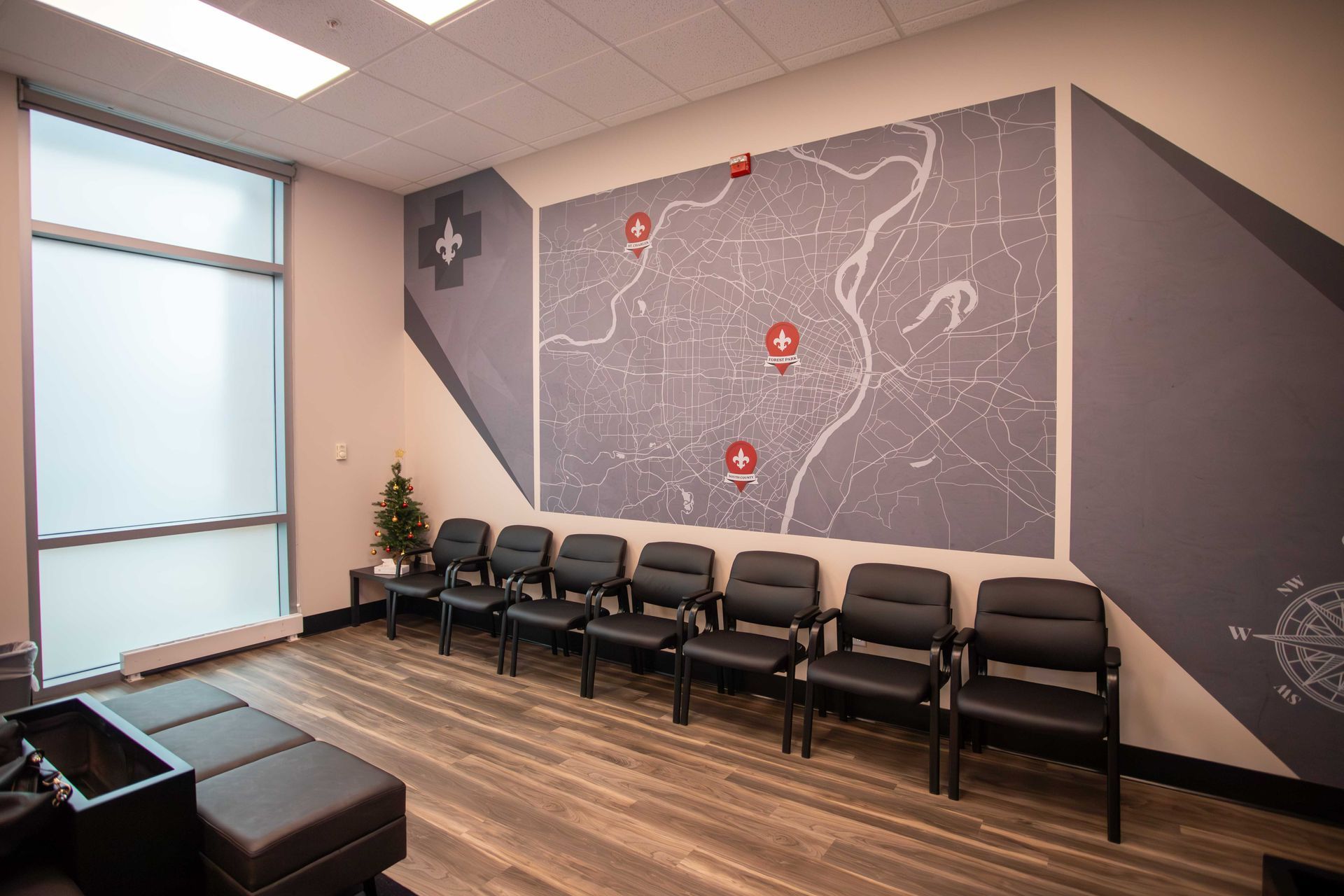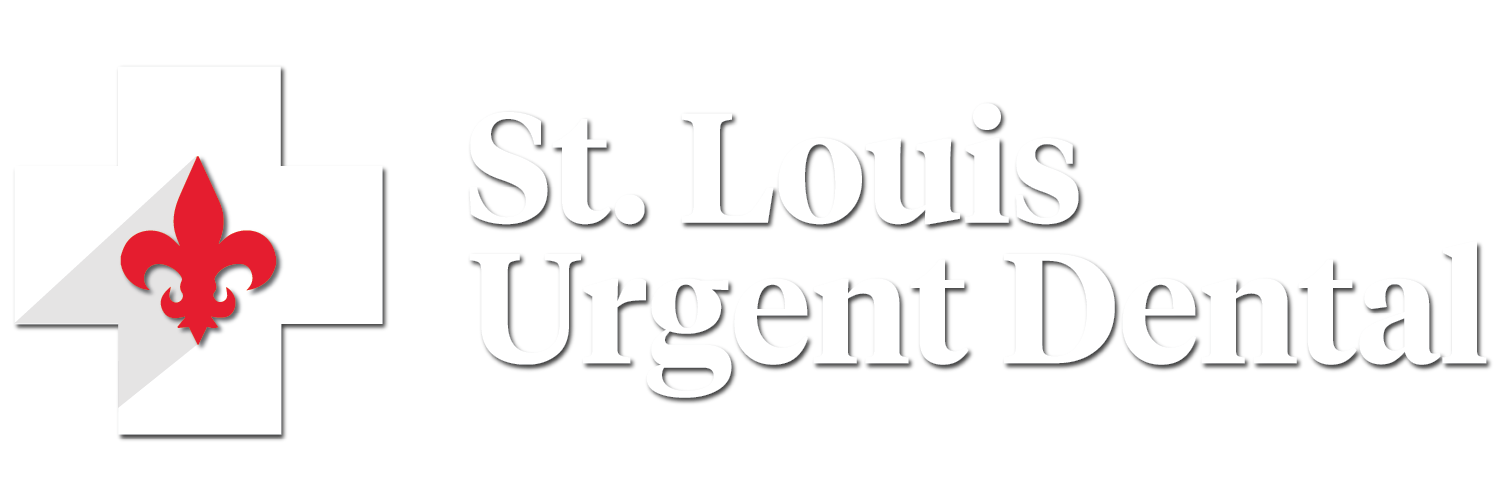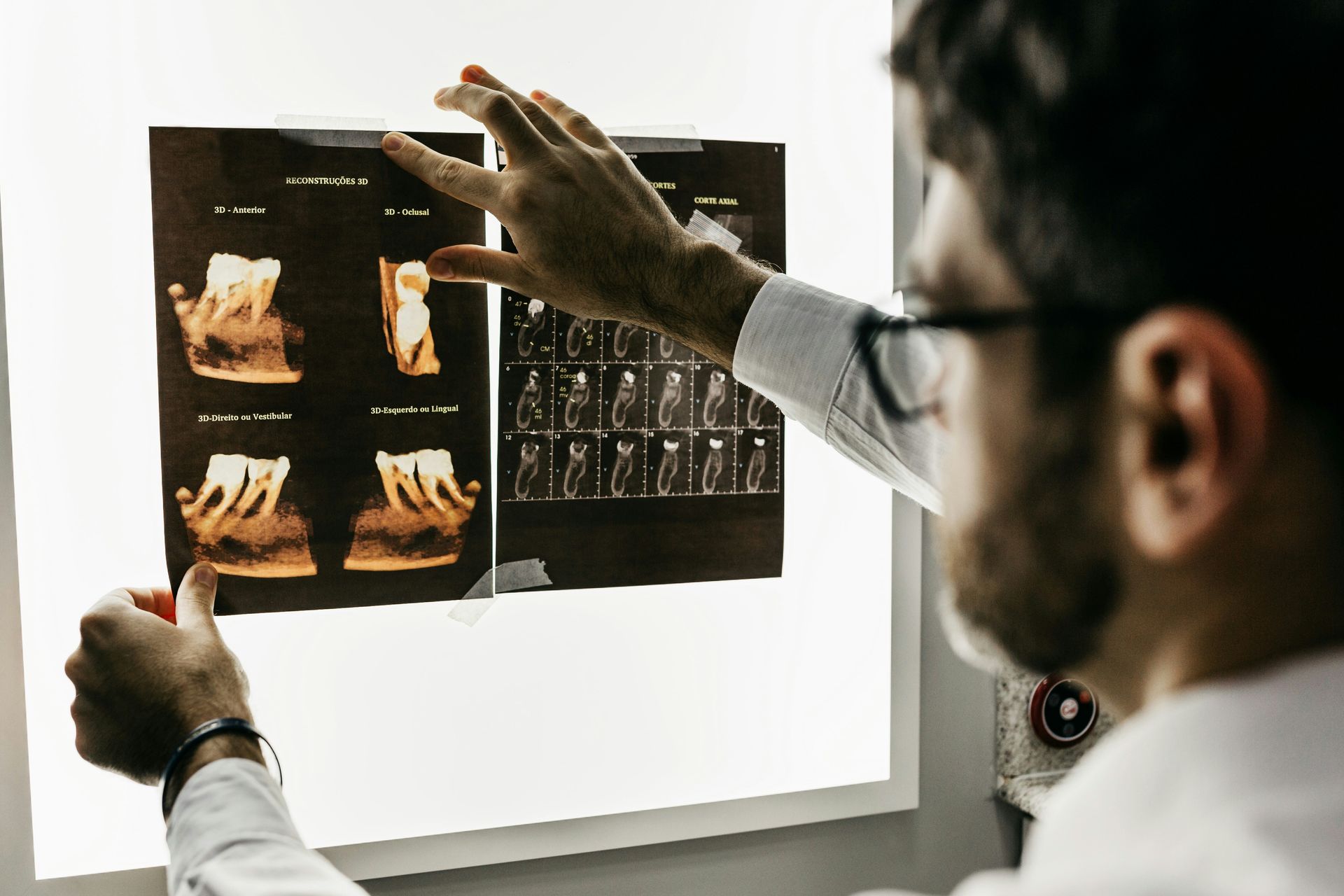A Brief History of Dental Practices
Dental care is an essential aspect of human health that has evolved significantly throughout history. Dentistry has undergone remarkable transformations from ancient to modern times, reflecting technological advancements, knowledge, and societal needs.
Examine dentistry through history as we explore the fascinating evolution of dental practices.
Ancient Dental Practices
Evidence suggests that rudimentary forms of dental care existed in ancient civilizations such as Egypt and Mesopotamia. Early dental practitioners relied on essential tools and techniques for procedures (such as tooth extractions). These early practices were often intertwined with beliefs in supernatural causes of dental issues, leading to rituals and ceremonies alongside practical treatments.
Dental Practices in Classical Antiquity
The ancient Greeks and Romans made significant contributions to dental care, with notable figures like Hippocrates and Celsus discussing dental diseases and treatments. Dental care during this period involved tooth cleaning, extraction, and herbal remedies for pain relief. Despite limited understanding of anatomy, these civilizations laid the foundation for future advancements in dentistry.
Middle Ages and Renaissance Dental Practices
The Middle Ages saw a decline in dental knowledge in Europe, with dental care often provided by untrained individuals such as barber surgeons. However, the Renaissance saw a revived interest in medical and dental sciences. Dental practitioners began to emerge as distinct professionals, and the era saw the development of more sophisticated tools and techniques for dental procedures.
Modernization of Dentistry in the 18th and 19th Centuries
The 18th and 19th centuries marked a significant period of modernization for dentistry. Pioneers like Pierre Fauchard and John Baker made groundbreaking contributions to the field, laying the foundation for dentistry as a recognized profession. During this time, advancements in practices (such as the introduction of dental amalgam for fillings and improved surgical techniques) revolutionized dental care.

20th-Century Advancements and Standardization
In the 20th century, we witnessed rapid advancements in dentistry driven by technological innovations and scientific discoveries. Establishing dental schools and professional organizations helped standardize dental practices and education. Technologies such as X-rays and anesthesia transformed diagnosis and treatment, making dental procedures safer and more effective.
Contemporary Dental Practices
Modern dental practices focus on treating dental issues, preventive care, and patient education. Dentistry has also embraced digital technology, with tools like digital imaging and CAD/CAM systems improving diagnostic accuracy and treatment outcomes. The emphasis on holistic oral health has shifted towards minimally invasive treatments and personalized care plans tailored to each patient's needs.
Future Trends in Dentistry
Looking ahead, the future of dentistry holds exciting possibilities—emerging technologies such as 3D printing and tele-dentistry promise to revolutionize dental care delivery. There is a growing emphasis on preventive measures and early intervention, aiming to address dental issues before they escalate. However, challenges such as access to care and healthcare disparities remain significant concerns that the dental community continues to address.

Call St. Louis Urgent Dental
The evolution of dental practices is a testament to human ingenuity and the quest for better health and well-being. From ancient rituals to modern innovations, dentistry has come a long way, improving countless lives. As we look to the future, one thing remains certain: the commitment of dental professionals to provide quality care and continue advancing the field for generations to come.
Our St. Louis Urgent Dental team is here to help with your urgent, after-hours dental needs! We are open seven days a week (until 9 pm on M-F). We are ready to help with dental emergencies, including root canals, crowns, socket grafting, extractions, implants, broken teeth, and more.
We have our procedure pricing and other details here on our website. Schedule an appointment, and you'll be smiling again in no time!









